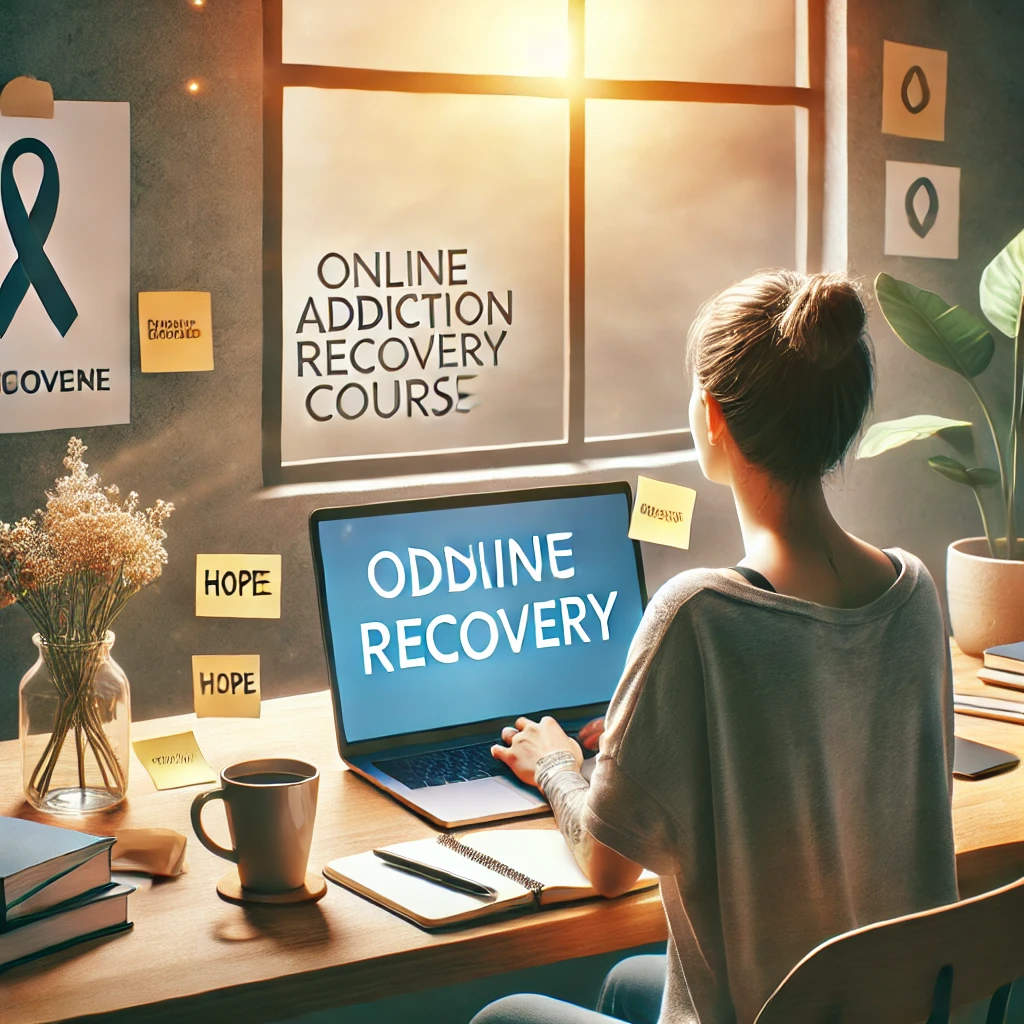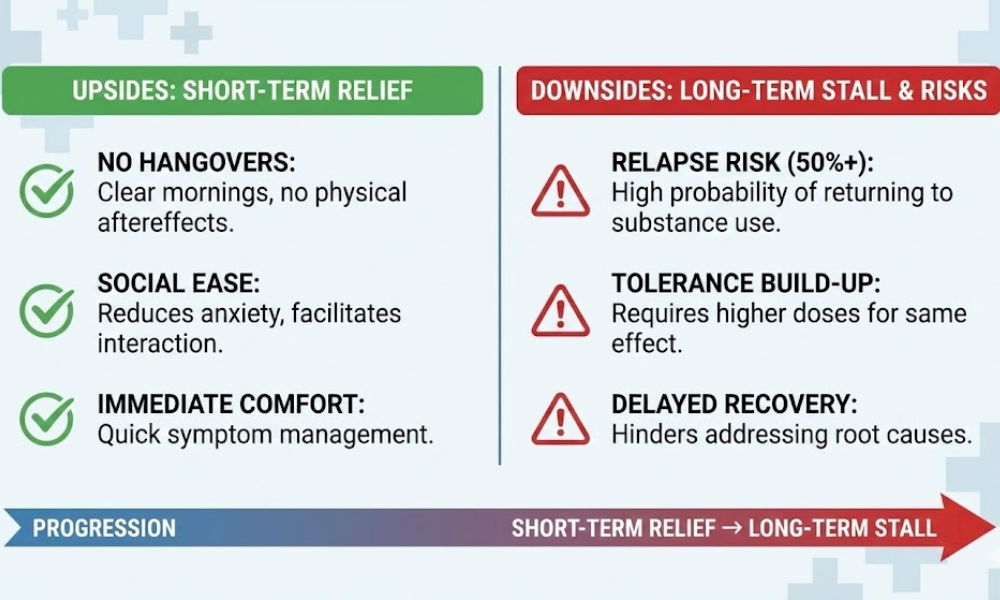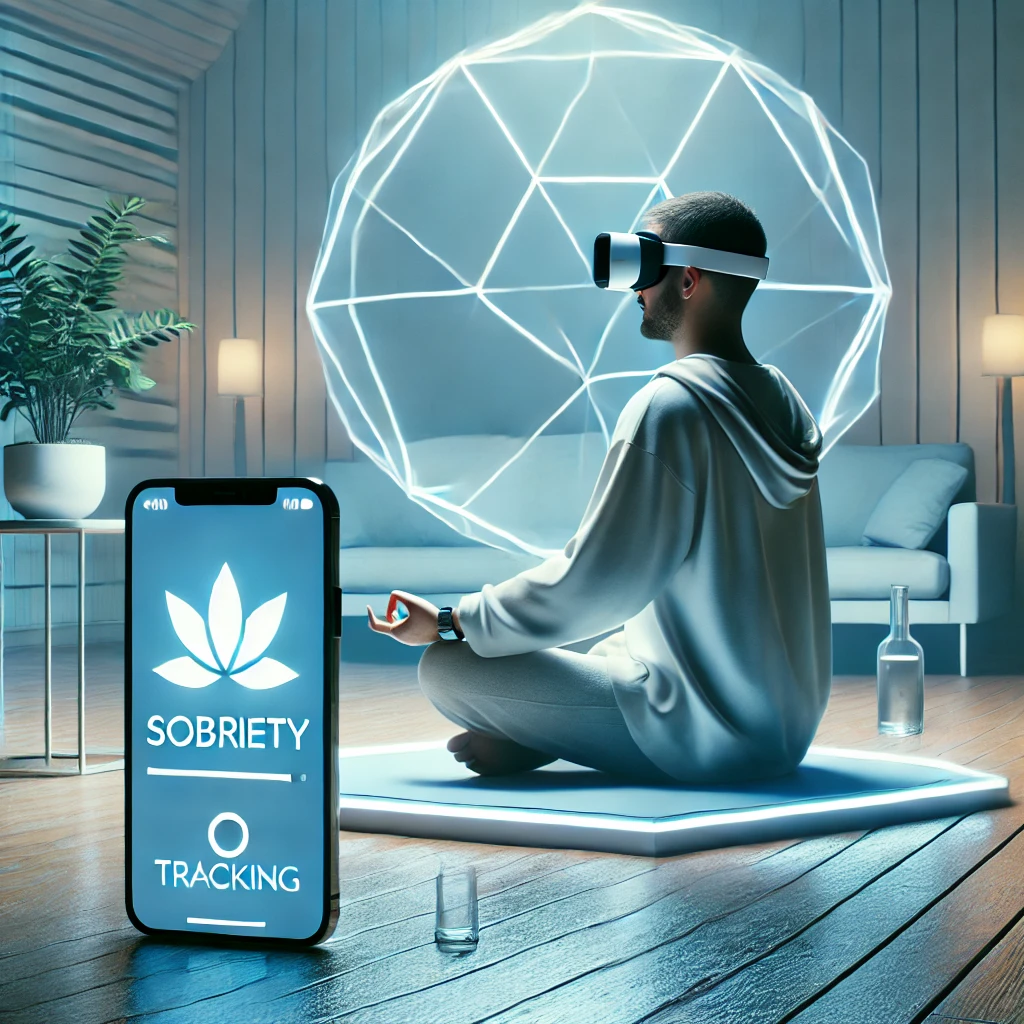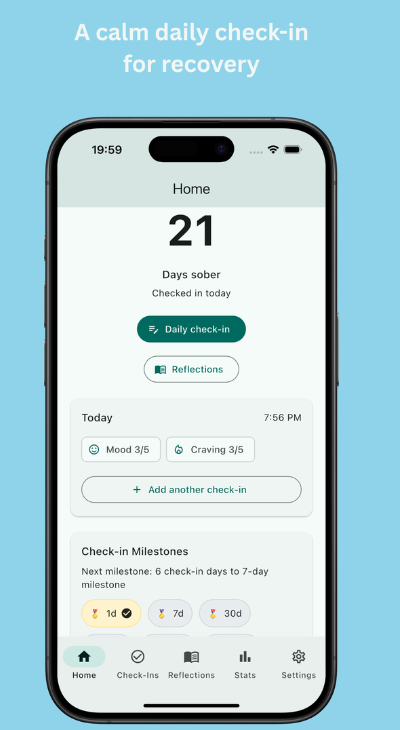Finding effective addiction recovery resources can feel overwhelming. Whether you’re struggling with substance abuse, behavioral addictions, or compulsive habits, the right support can make all the difference.
At Live Rehab, we specialize in self-paced online recovery courses designed to empower you—without the need for in-person rehab or expensive therapy.
Why Online Recovery Courses Work
✅ Learn at Your Own Pace – No pressure, no strict schedules.
✅ Confidential & Private – Recovery on your terms, in your own space.
✅ Evidence-Based Strategies – Practical tools to break free from addiction.






